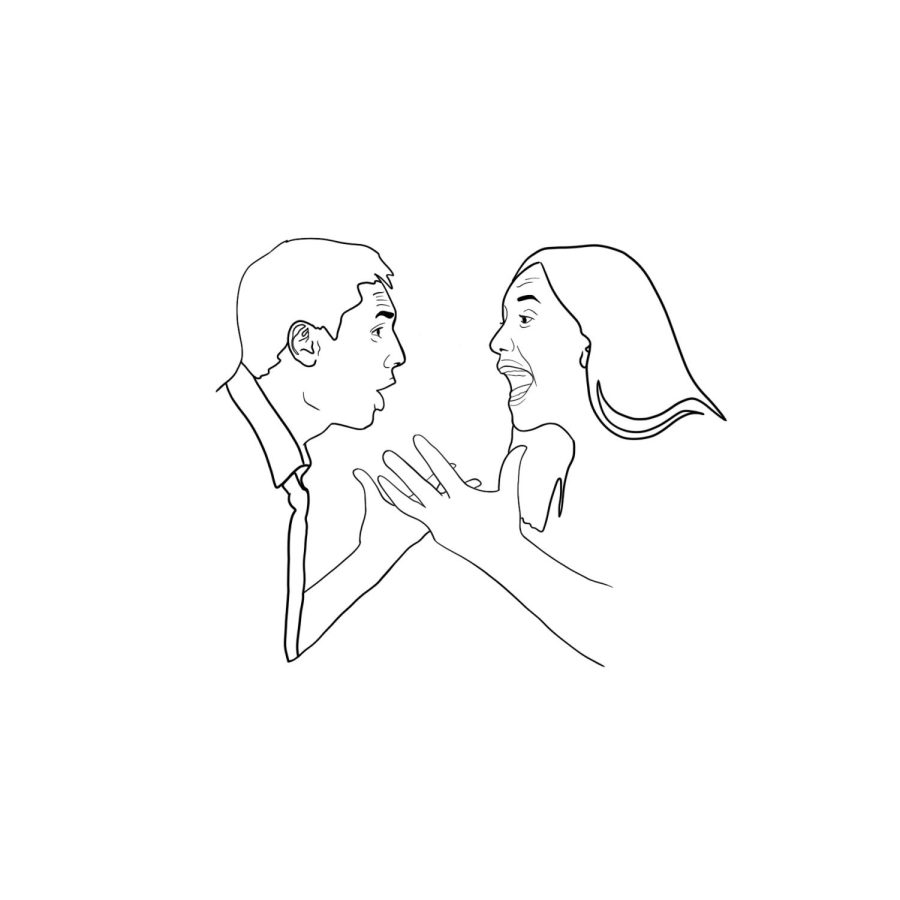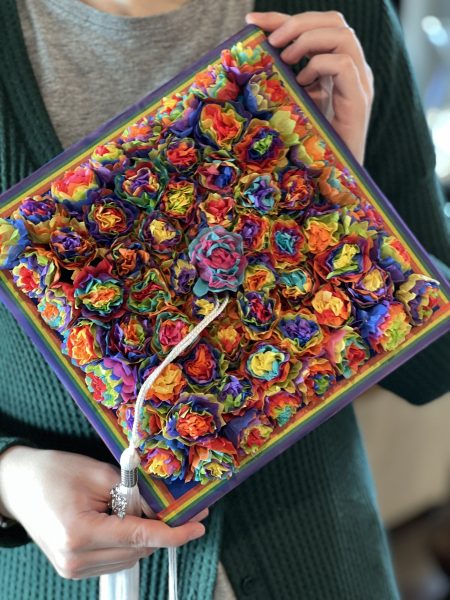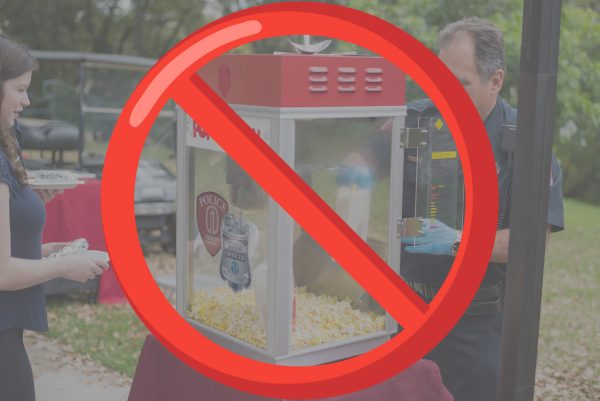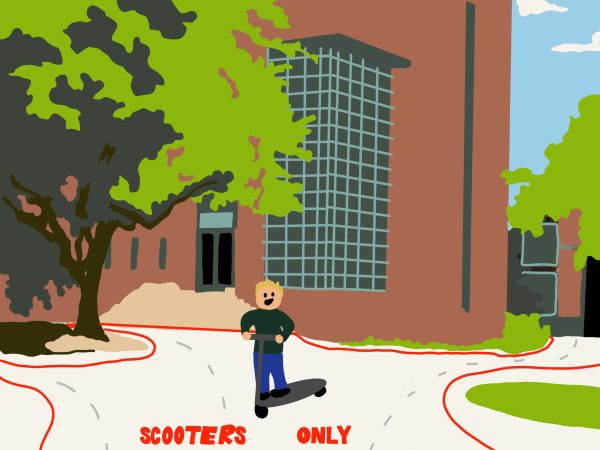Opinion: Relationships are not about compromise
Two halves might make a whole, but you are already whole.
Breaking up, whether in love or friendship, is a soul-wrenching journey that pushes us to the limits. Triggered by a shocking event, a heated disagreement or a slow fade, the end of a relationship is a painful culmination of events like miscommunication, growing apart or clashing values. Though the cause may be hazy, or as insignificant as a blip in a rear-view mirror, letting go of a relationship that no longer feels right is an essential step toward self-growth and healing. Despite this, one of the most common emotions faced by individuals in the aftermath of a breakup is guilt or failure. Shame is a natural, human emotion. However, when shame obscures your vision, rationality takes a backseat and guilt takes the wheel. Guilt has five outstanding tickets, is basically blind, and is driving a stolen car.
The prevalence of this feeling can be linked to the “would’ve, could’ve, should’ve” mentality that rules our thoughts and unfailingly stalls the healing journey. This rhetoric often presents itself through a profound sense of failure. Oftentimes, the guilt does not even have to be traced back to an instance where everything went wrong; it does not even need to be a result of anything in particular. After my recent breakup, the questions I asked myself were not related to the heartbreaking event which caused it, but rather the overarching “why wasn’t I good enough.”
It is important to heed that when entering a relationship, both parties have certain expectations for what they desire. The idea of a relationship, as it has been socialized into our perceptions, is that these expectations fade into unconditional love. This narrative is immortalized, even in our childhoods. When Jasmine and Aladdin rode a magic carpet into the sun, the eyes of children watching glazed over with glee. Viewers forgot that Aladdin had a very problematic personality, one which included stalking and lying about his upbringing. The idea of the movie is that we should compromise on elements of our morality and being in order to “find love,” and this brings with it infinite problems. Reality is not so simple. In a relationship, it is not up to either party to meld their personalities to meet someone else’s mold of a soulmate.
In a reflection on a relationship, old and painful compromises are often induced, provoking once again the “what if?” This framework is a difficult place to navigate because feeling regret due to a connection going awry might be normal, but doing so incessantly creates more problems for yourself. As opposed to badgering yourself in a negative manner, processing your grief and holding yourself accountable in healthy, manageable ways enables growth towards becoming more well-rounded.
Nonetheless, breakups usually occur for a reason. Whatever name you provide for that reason does not change the validity of the breakup, nor does it change the validity of your emotions. There are many ways to process guilt after a relationship, but my go-to comes from Mark Travers, an American psychologist and lead therapist at Awake Therapy. In his research on managing shame, he lays out a three-step process that is open to interpretation in whichever way will aid you the greatest.
The first step consists of laying out your feelings. As simple as this sounds at face value, the execution happens to be a much deeper burden to bear. In my experience, emotions often present themselves in the form of physical illness. Throughout the puking, constant fatigue and nausea, the only comfort I felt came through writing down how I felt, as cheesy as that sounds. In the pages of an overpriced and flimsy journal bought at Target, I could work through my emotions without any fear of judgment.
The second step lies in analyzing your role in the relationship, what you contributed to it and the aspects on which you can grow. While researchers have developed five specific roles (affiliation, intimacy, autonomy, infidelity, status) in which an individual could fall, in my experience trying to fit yourself in any one of these boxes can be mentally burdensome. Instead, I try to accept the reason the relationship came to an end without argument.
The final and most important step comes in acceptance. For many, this comes in the form of closure. Though this is contingent on the specificities of the breakup and the relationship as a whole, to me, closure has always been an internal process. Imposing closure on anyone or reaching across the sea to an ex to resolve a wrinkle in my life feels unfair to the other person and to myself. I want to achieve closure on my own terms. To me, understanding means that it’s over, and any questions left unanswered aren’t a loose string to be pulled at but instead a reminder of why the relationship did not work out in the first place.

My name is Diya Contractor (she/her), and I'm a sophomore political science major. I work as the Opinion Editor for the Trinitonian. I also serve as the...












Riya • Feb 16, 2023 at 11:09 pm
Incredibly heartfelt and important advice. Anyone who’s been through a breakup needs to read this!
Brad • Feb 15, 2023 at 9:18 am
Great article. Very well written.